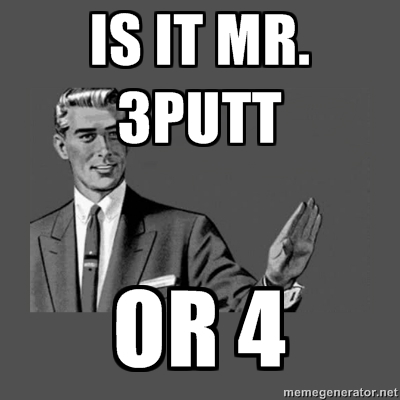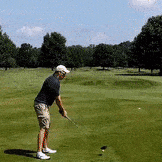IGNORED
The 2013 Masters/Tiger Drop Penalty and Fallout
-
Topics Being Discussed Right Now on The Sand Trap
-
"5 Minutes Daily" Practice Challenge 1 2 3 4 915
By iacas, in Instruction and Playing Tips
- 5 minutes daily
- dedication
- (and 6 more)
- 16,457 replies
- 1,179,369 views
-
- 8,617 replies
- 410,638 views
-
- 2 replies
- 79 views
-
Lesson and Custom Fitting and Clubs - Chicken and Egg
By turtleback, in Clubs, Grips, Shafts, Fitting
- 2 replies
- 122 views
-
- 3 replies
- 909 views
-







Recommended Posts
Create an account or sign in to comment
You need to be a member in order to leave a comment
Create an account
Sign up for a new account in our community. It's easy!
Register a new accountSign in
Already have an account? Sign in here.
Sign In Now